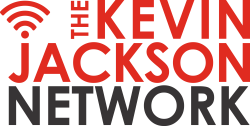
World leaders are quickly moving towards having no currency, and business done almost completely electronically.
Consider that you can now pay with a smart phone and you get an idea of what is slowly happening.
I remember the first time I saw a man pay for his coffee at Starbuck’s with a phone app, I thought, “He’s really technologically cool!” Took me a while, but I finally got the app, if only to earn the free cup I get every now and again.
As cool as these apps are, there is something more sinister lurking in the monetary system, as this Fox News story out of Bangladesh showcases.
Hackers helped themselves to $81 million after breaching Bangladesh Bank’s systems between Feb. 4 and Feb. 5—but the massive theft could have been far worse if not for a typo.
After successfully transferring $81 million from the bank’s account at the Federal Reserve Bank of New York to entities in the Philippines, the hackers tried to transfer another $20 million to a Sri Lankan nonprofit, only they wrote “fandation” rather than “foundation” as part of its name, an official tells Reuters.
While the Fed grew suspicious, routing bank Deutsche Bank caught the typo and got in touch with the Bangladesh central bank, which put a stop to the transfer.
In total, hackers had put in almost three dozen transfer requests and planned to steal another $850 million to $870 million. Officials suspect stolen funds were diverted to banks and casinos and say accounts that received the funds have been frozen.
Note that these people would have likely gotten more, had it not been for the typo.
The level of sophistication going into stealing one’s money is far exceed the level of sophistication of the people who trust the system,
In case you’re wondering who’s on the hook for this, read on:
The Fed, however, may face consequences. Bangladesh’s finance minister says the country may sue the Fed for not stopping the transactions earlier. “We kept money with the Federal Reserve Bank and irregularities must be with the people who handle the funds there,” he tells the New York Post.
That’s right. The American taxpayer will likely foot this bill.



